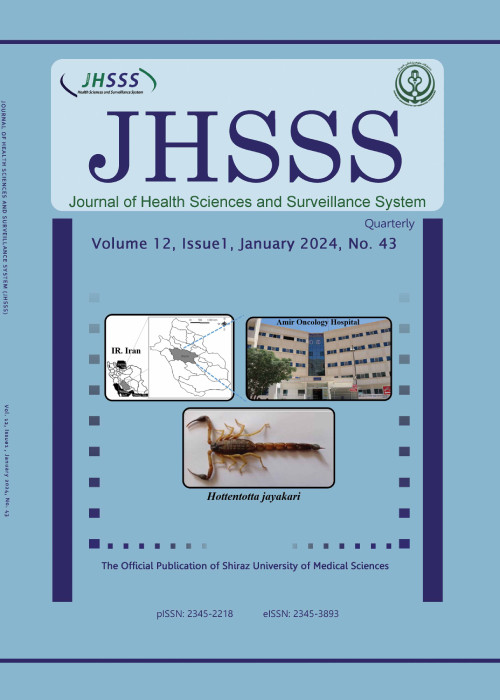Challenges of Population Policies on Childbearing and Reproductive Health After the Islamic Revolution of Iran
The nature of population policies in the field of health, especially population, fertility, and childbearing is complicated, so the families’ and policymakers’ decision on the quantity and quality of the reproduction and the childbearing process has been controversial. This paper was conducted to identify and explain the adverse effects of population policies on reproductive health and childbearing in 1978-2020.
This study has a cross-sectional descriptive-analytical design. The study participants were 30 managers and specialists who studied in the fields of policy, demography, sociology, and health at university of medical sciences in Khuzestan in 2019-2020. Delphi method was used and the data collection tool was a researcher-made questionnaire that was standardized by calculating the validity and reliability using the Cronbach's alpha coefficient. The authors analyzed data using descriptive and inferential statistics,. The main question was whether the population policies adopted after the Islamic Revolution have challenged decision-making on reproductive health and childbearing at both levels of operational managers and the society? The main hypothesis allocated the answer "yes" to itself. However, since policymakers still do not frequently use policy-making knowledge as a criterion for public policy, there is dissatisfaction and mistrust among families who have to implement the policies.. Thereforethe new message of the researchis that in the future, any decision and manipulation on health and population should be all-inclusive and comprehensive along with conservatism and maturity.
The significance level was observed in 18 items, and it indicates that population policies on reproductive health and childbearing in the studied variables have been facing challenges. The main challenges included lack of experts in reproductive health policymaking, lack of sufficient evidence to make decisions, lack of attention to spatial planning infertility policy making, lack of a coordinated system between the Ministry of Health and other ministries, lack of ideological-based reproductive health policymaking, lack of attention to the socio-economic evaluation of population policies, and lack of long-term strategic and sustainable vision in health-based policymaking.
Population policies on reproductive health and childbearing after the revolution are not adequate for the country's decision-making system to achieve a proportionate and balanced population. Therefore, practical work and special responsibility accomplish the most promising demographic result
- حق عضویت دریافتی صرف حمایت از نشریات عضو و نگهداری، تکمیل و توسعه مگیران میشود.
- پرداخت حق اشتراک و دانلود مقالات اجازه بازنشر آن در سایر رسانههای چاپی و دیجیتال را به کاربر نمیدهد.


